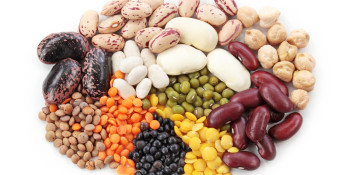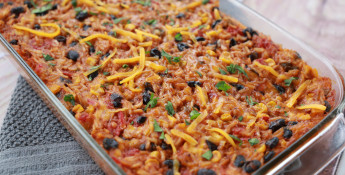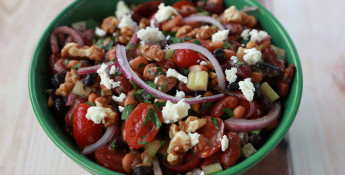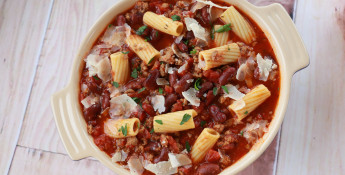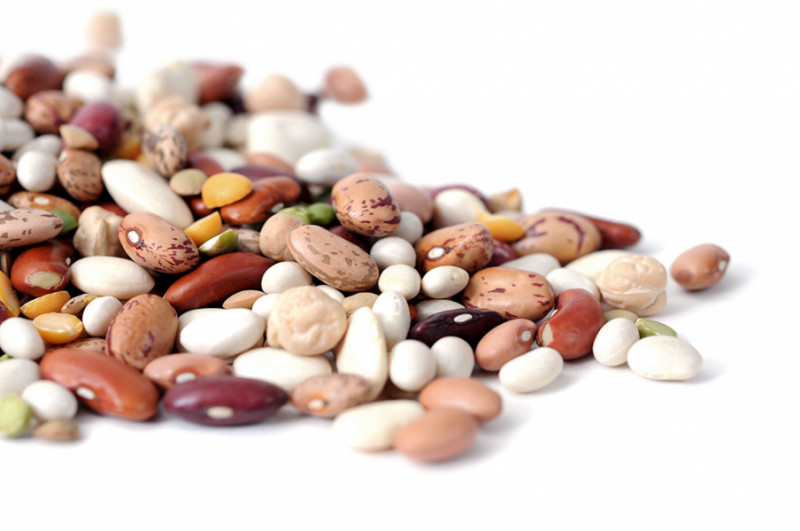By Sheridan Wimmer on August 10, 2021
Why Beans are Good for You
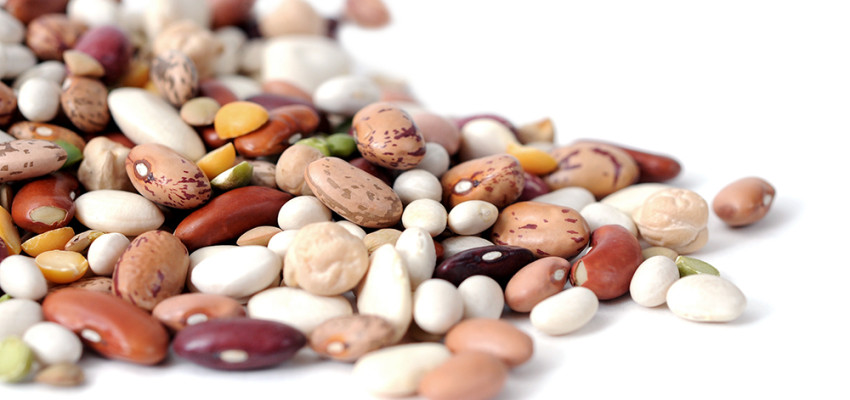
We all know the little rhyme about beans – beans, beans the magical fruit. We’ll stop there, but the reason beans make us a tad gassy is because of raffinose, a carbohydrate that’s poorly digested by the body. While that may be a reason to skip the refried beans at lunch when you are going back to work, there are many ways beans are beneficial for our health.
“Never mind the raffinose, beans have much more going for them, especially when it comes to health,” Karen Hanson, a registered dietitian, says. “Not only are beans healthful, but they are also versatile.”
Beans like soybeans (edamame), black beans, navy beans, kidney beans, garbanzo beans (chickpeas) and pinto beans can be cooked in several ways, including boiling, frying and baking. And they come dry, canned or frozen.
“Dry beans obviously need to be cooked so they’re tender enough to eat, but canned and frozen options are available as a ready-to-eat treat,” Hanson says. “Look in your grocery store for canned kidney or black beans. The frozen section is a great place for edamame. Throw some in your microwave or on the stovetop and they’re a great appetizer for an Asianinspired dinner.”
If you buy canned beans, simply rinse the beans with water before you include them in a recipe to reduce sodium.
“You can reduce the sodium levels by up to 40 percent by washing them,” Hanson says.
There are several health benefits associated with beans — including amino acids that help heal bones and muscles, and help make new tissues such as hair, skin and blood. They’re also rich in protein and antioxidants, while helping with disease prevention and heart and gut health.
PROTEIN
“Like meat, beans provide protein, a vital nutrient for our bodies,” Hanson says. “While beans are considered incomplete proteins — meaning they don’t contain all nine essential amino acids — they can be paired with other food throughout the day or during a meal to meet the need.”
Medical News Today’s website, www.medicalnewstoday.com, suggests pairing beans with nuts, seeds, dairy products or grains to make complete proteins.
ANTIOXIDANTS
Beans contain polyphenols, a type of antioxidant shown to have anti-diabetic, anti-obesity, anti-carcinogenic and antiinflammatory effects.
“These antioxidants help lower your risk of cancer,” Hanson says. “Research has shown black beans have the highest antioxidant activity and fight against intestinal cancer, an example of how good beans are for gut health.”
HEART HEALTH
“Including more beans in your diet can help lower cholesterol,” Hanson says. “Reducing cholesterol helps protect you from the risk of a heart attack or other cardiovascular issues.”
DIABETES PREVENTION
Since beans are high in fiber, they’re helpers in lowering blood glucose. A fiber-rich diet can help reduce the risk of Type 2 diabetes.
“In addition to the fiber, beans help you feel full and satisfied,” Hanson says. “They can be part of a diet for losing or maintaining weight.”
While canned baked beans with added sugars may not be as beneficial if you’re watching your sugar or salt intake, including beans in your diet is worth the rhyme that makes a 5-year-old kid laugh.

